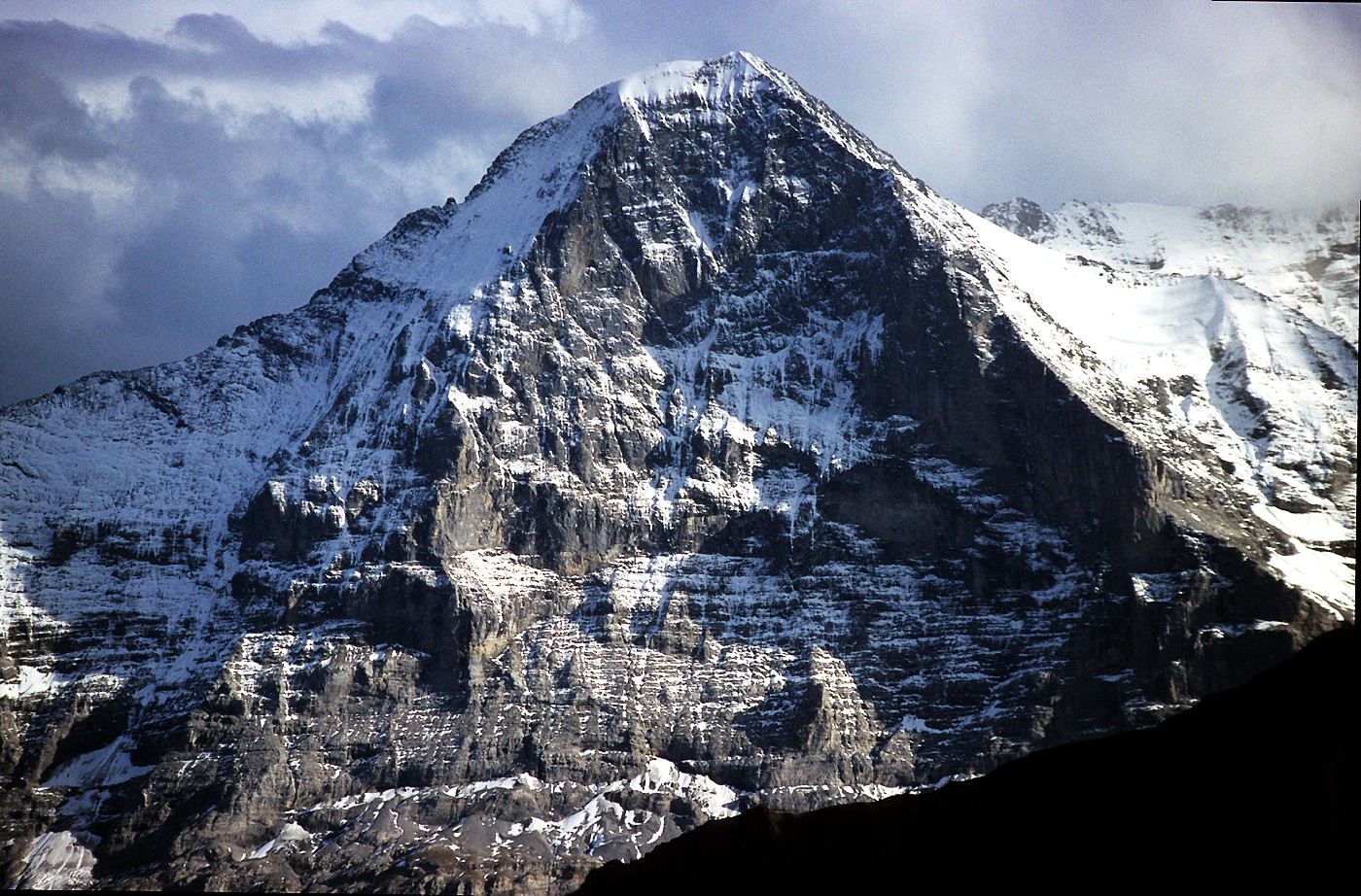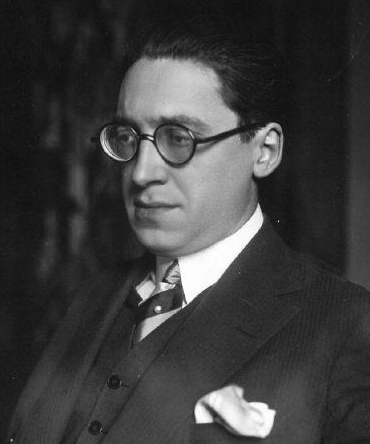|
Seven Years In Tibet (1956 Film)
''Seven Years in Tibet'' is a 1956 British documentary film A documentary film or documentary is a non-fictional motion-picture intended to "document reality, primarily for the purposes of instruction, education or maintaining a historical record". Bill Nichols has characterized the documentary in te ... directed by Hans Nieter. It is based on the book of the same name. It was entered into the 1956 Cannes Film Festival. References External links * 1956 films 1956 documentary films British documentary films 1950s English-language films 1950s British films {{UK-documentary-film-stub ... [...More Info...] [...Related Items...] OR: [Wikipedia] [Google] [Baidu] |
Heinrich Harrer
Heinrich Harrer (; 6 July 1912 – 7 January 2006) was an Austrian mountaineer, sportsman, geographer, ''Oberscharführer'' in the ''Schutzstaffel'' (SS), and author. He was a member of the four-man climbing team that made the first ascent of the North Face of the Eiger, the "last problem" of the Alps. He wrote the books ''Seven Years in Tibet'' (1952) and ''The White Spider'' (1959). Early life Heinrich Harrer was born 6 July 1912 in Hüttenberg, Austria, in the district of Sankt Veit an der Glan in the state of Carinthia. His father, Josef Harrer, was a postal worker. From 1933 to 1938, Harrer studied geography and sports at the Karl-Franzens University in Graz. Harrer became a member of the traditional student corporation ATV Graz. In 1935, Harrer was designated to participate in the Alpine skiing competition at the 1936 Winter Olympics in Garmisch-Partenkirchen. The Austrian Alpine skiing team, however, boycotted the event due to a conflict regarding the skiing instructor ... [...More Info...] [...Related Items...] OR: [Wikipedia] [Google] [Baidu] |
Walter Ulbrich
Walter Ulbrich (15 June 1910 – 13 November 1991) was a German film producer primarily known for writing and/or producing 10 of 16 four-part adventure mini-series made for West German TV in the 1960s and 1970s. Mostly based on classics of world literature such as ''Robinson Crusoe'' or ''The Sea Wolf'', these West German/French co-productions traditionally premiered on West German public-service television in December and are therefore also known as ''Weihnachtsvierteiler'' (Christmas four-parters). The series have been dubbed into a variety of languages and also became popular outside Germany, especially in France, the UK, and Canada. His work and influence on European TV productions As a writer, Ulbrich saw scriptwriting as an important process and tried to make sure his productions were true to the books, yet at the same time exciting. The latter sometimes necessitated including plots or characters from other novels or inventing them outright, which has garnered his adapta ... [...More Info...] [...Related Items...] OR: [Wikipedia] [Google] [Baidu] |
Thomas Rajna
Thomas Rajna (21 December 1928 – 16 July 2021) was a British pianist and composer of Hungarian birth. He had been domiciled in Cape Town in South Africa since 1970. Biography Rajna was born in Budapest, Hungary. He started to play the piano and compose at an early age and studied at the Franz Liszt Academy of Music where he won the Liszt Prize in 1947. That year he left Hungary to settle in London and enrolled at the Royal College of Music. He soon appeared at the Proms under such conductors as Carlo Maria Giulini, Colin Davis and John Pritchard, also becoming a frequent broadcaster at the BBC. In 1963 he was appointed Professor of Piano at the Guildhall School of Music and Drama. His first commercial recording was the complete piano solo works of Igor Stravinsky. After that he recorded music by Alexander Scriabin, Robert Schumann and Olivier Messiaen, the piano part of Igor Stravinsky's ''Petrushka'' with the New Philharmonia under Erich Leinsdorf, and Béla Bartók's ''Mu ... [...More Info...] [...Related Items...] OR: [Wikipedia] [Google] [Baidu] |
Documentary Film
A documentary film or documentary is a non-fictional film, motion-picture intended to "document reality, primarily for the purposes of instruction, education or maintaining a Recorded history, historical record". Bill Nichols (film critic), Bill Nichols has characterized the documentary in terms of "a filmmaking practice, a cinematic tradition, and mode of audience reception [that remains] a practice without clear boundaries". Early documentary films, originally called "actuality films", lasted one minute or less. Over time, documentaries have evolved to become longer in length, and to include more categories. Some examples are Educational film, educational, observational and docufiction. Documentaries are very Informational listening, informative, and are often used within schools as a resource to teach various principles. Documentary filmmakers have a responsibility to be truthful to their vision of the world without intentionally misrepresenting a topic. Social media platfor ... [...More Info...] [...Related Items...] OR: [Wikipedia] [Google] [Baidu] |
Seven Years In Tibet
''Seven Years in Tibet: My Life Before, During and After'' (1952; german: Sieben Jahre in Tibet. Mein Leben am Hofe des Dalai Lama; 1954 in English) is an autobiographical travel book written by Austrian mountaineer and Nazi SS sergeant Heinrich Harrer based on his real life experiences in Tibet between 1944 and 1951 during the Second World War and the interim period before the Communist Chinese People's Liberation Army invaded Tibet in 1950. Plot The book covers the escape of Harrer and his companion, Peter Aufschnaiter, from a British internment camp in India. Harrer and Aufschnaiter then traveled across Tibet to Lhasa, the capital. Here they spent several years, and Harrer describes the contemporary Tibetan culture in detail. Harrer subsequently became a tutor and friend of the 14th Dalai Lama. It has been said that the book "provided the world with a final glimpse of life in an independent Tibetan state prior to the Chinese invasion." Publication ''Seven Years in Tibet'' ... [...More Info...] [...Related Items...] OR: [Wikipedia] [Google] [Baidu] |
1956 Cannes Film Festival
The 9th Cannes Film Festival was held from 23 April to 10 May 1956. The Palme d'Or went to ''The Silent World'' by Jacques-Yves Cousteau and Louis Malle. The festival opened with ''Marie-Antoinette reine de France'', directed by Jean Delannoy and closed with ''Il tetto'' by Vittorio De Sica. In an effort to resolve some issues caused by the Cold War climate of the time, like special treatment towards Americans (who gave financial assistance to the festival) which displeased the Eastern Bloc, a decision to have films withdrawn under certain conditions had been put in place. This decision in turn had become a divisive issue in the festival, as it was seen as censorship. In 1956 it was decided to eliminate all such censorship from the selection and thereby start a new era in the festival. Jury The following people were appointed as the Jury of the 1956 competition: Feature films *Maurice Lehmann (France) Jury President *Arletty (France) *Louise de Vilmorin (France) * Jacques-Pierre ... [...More Info...] [...Related Items...] OR: [Wikipedia] [Google] [Baidu] |
1956 Films
Events January * January 1 – The Anglo-Egyptian Condominium ends in Sudan. * January 8 – Operation Auca: Five U.S. evangelical Christian missionaries, Nate Saint, Roger Youderian, Ed McCully, Jim Elliot and Pete Fleming, are killed for trespassing by the Huaorani people of Ecuador, shortly after making contact with them. * January 16 – Egyptian leader Gamal Abdel Nasser vows to reconquer Palestine. * January 25– 26 – Finnish troops reoccupy Porkkala, after Soviet troops vacate its military base. Civilians can return February 4. * January 26 – The 1956 Winter Olympics open in Cortina d'Ampezzo, Italy. February * February 11 – British spies Guy Burgess and Donald Maclean resurface in the Soviet Union, after being missing for 5 years. * February 14– 25 – The 20th Congress of the Communist Party of the Soviet Union is held in Moscow. * February 16 – The 1956 World Figure Skating Championships open in Garmisch, West Germany. * February 22 – ... [...More Info...] [...Related Items...] OR: [Wikipedia] [Google] [Baidu] |
1956 Documentary Films
Events January * January 1 – The Anglo-Egyptian Condominium ends in Sudan. * January 8 – Operation Auca: Five U.S. evangelical Christian missionaries, Nate Saint, Roger Youderian, Ed McCully, Jim Elliot and Pete Fleming, are killed for trespassing by the Huaorani people of Ecuador, shortly after making contact with them. * January 16 – Egyptian leader Gamal Abdel Nasser vows to reconquer Palestine. * January 25– 26 – Finnish troops reoccupy Porkkala, after Soviet troops vacate its military base. Civilians can return February 4. * January 26 – The 1956 Winter Olympics open in Cortina d'Ampezzo, Italy. February * February 11 – British spies Guy Burgess and Donald Maclean resurface in the Soviet Union, after being missing for 5 years. * February 14– 25 – The 20th Congress of the Communist Party of the Soviet Union is held in Moscow. * February 16 – The 1956 World Figure Skating Championships open in Garmisch, West Germany. * February 22 – El ... [...More Info...] [...Related Items...] OR: [Wikipedia] [Google] [Baidu] |
British Documentary Films
British may refer to: Peoples, culture, and language * British people, nationals or natives of the United Kingdom, British Overseas Territories, and Crown Dependencies. ** Britishness, the British identity and common culture * British English, the English language as spoken and written in the United Kingdom or, more broadly, throughout the British Isles * Celtic Britons, an ancient ethno-linguistic group * Brittonic languages, a branch of the Insular Celtic language family (formerly called British) ** Common Brittonic, an ancient language Other uses *''Brit(ish)'', a 2018 memoir by Afua Hirsch *People or things associated with: ** Great Britain, an island ** United Kingdom, a sovereign state ** Kingdom of Great Britain (1707–1800) ** United Kingdom of Great Britain and Ireland (1801–1922) See also * Terminology of the British Isles * Alternative names for the British * English (other) * Britannic (other) * British Isles * Brit (other) * Briton ... [...More Info...] [...Related Items...] OR: [Wikipedia] [Google] [Baidu] |
1950s English-language Films
Year 195 ( CXCV) was a common year starting on Wednesday (link will display the full calendar) of the Julian calendar. At the time, it was known as the Year of the Consulship of Scrapula and Clemens (or, less frequently, year 948 '' Ab urbe condita''). The denomination 195 for this year has been used since the early medieval period, when the Anno Domini calendar era became the prevalent method in Europe for naming years. Events By place Roman Empire * Emperor Septimius Severus has the Roman Senate deify the previous emperor Commodus, in an attempt to gain favor with the family of Marcus Aurelius. * King Vologases V and other eastern princes support the claims of Pescennius Niger. The Roman province of Mesopotamia rises in revolt with Parthian support. Severus marches to Mesopotamia to battle the Parthians. * The Roman province of Syria is divided and the role of Antioch is diminished. The Romans annexed the Syrian cities of Edessa and Nisibis. Severus re-establish his ... [...More Info...] [...Related Items...] OR: [Wikipedia] [Google] [Baidu] |




